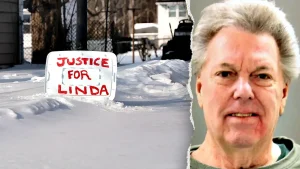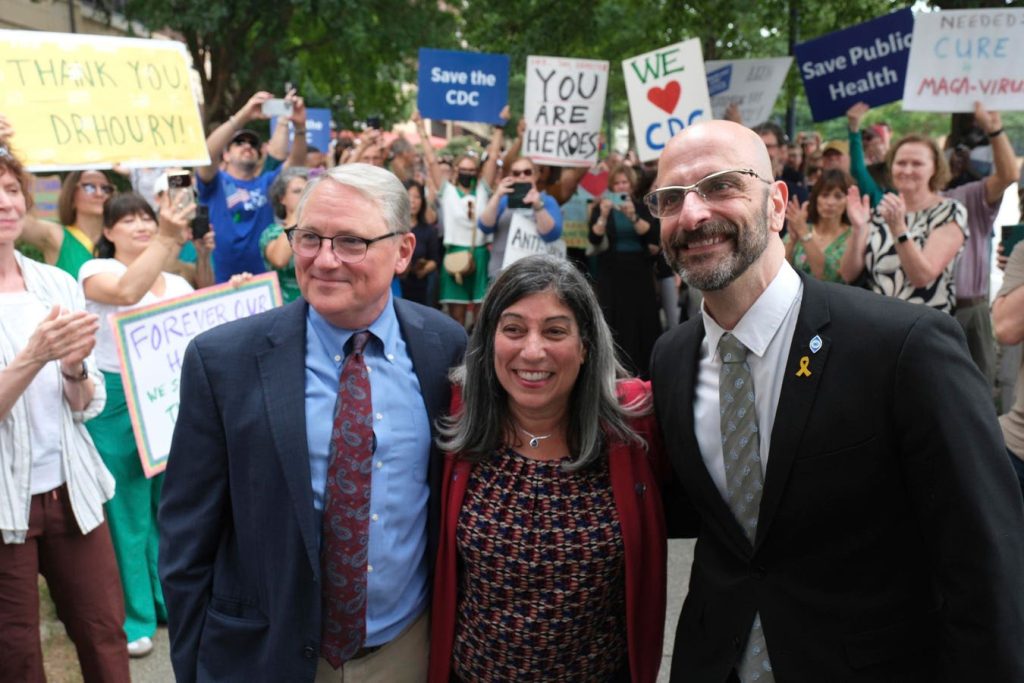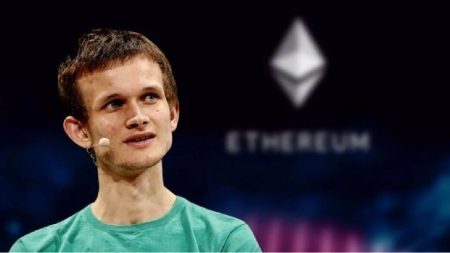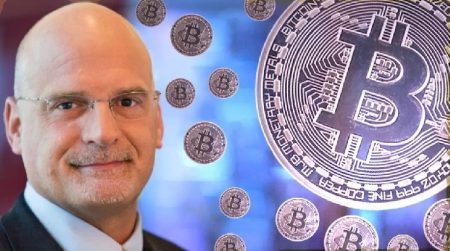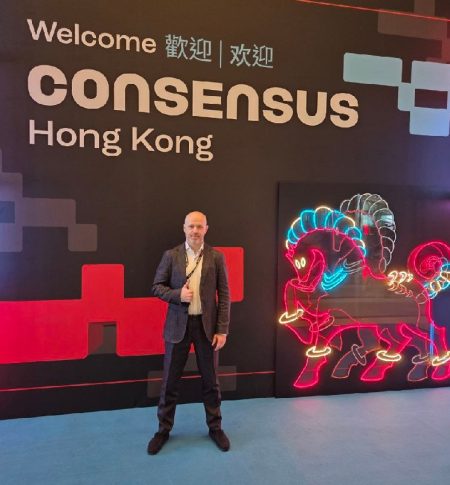Leadership Transition at CDC Amid Staff Protests and Controversy
In a significant shift in public health leadership, the White House has selected Health and Human Services Deputy Secretary Jim O’Neill to serve as the next acting director of the Centers for Disease Control and Prevention (CDC). This appointment comes during a turbulent period for the agency, as hundreds of CDC employees and supporters demonstrated outside the Atlanta headquarters on Thursday, protesting what they perceive as political interference in public health decision-making. The controversy centers around the contested dismissal of former CDC Director Susan Monarez, whose lawyers maintain that as a Senate-confirmed presidential appointee, only the President himself has the authority to remove her from the position.
The transition occurs amid a wave of high-profile resignations from CDC leadership, including Daniel Jernigan, director of the National Center for Emerging and Zoonotic Infectious Diseases; Debra Houry, the agency’s chief medical officer; and Demetre Daskalakis, who led the National Center for Immunization and Respiratory Diseases. These departures represent a collective statement against what the resigning officials describe as political interference in scientific work. During Thursday’s demonstration, Jernigan articulated the protesters’ central demand: to “get the politics out of public health” and to “let the science lead us, because that’s how we get to the best decisions for public health.” This sentiment reflects growing concern among public health professionals about maintaining the CDC’s scientific integrity and independence in an increasingly politicized environment.
The leadership exodus appears to have been triggered by specific concerns about the direction of health policy under HHS Secretary Robert F. Kennedy Jr. Debra Houry explicitly cited Kennedy’s promotion of “vitamins over vaccines” as contributing to what she described as a “tipping point” for herself and fellow leaders. “We knew it was a powerful statement for the three of us to do this together,” Houry explained, suggesting the coordinated resignations were intended to draw attention to their concerns about the agency’s future. In a poignant message to the staff they were leaving behind, Houry acknowledged “the devastation that’s happening to our staff, our campus, the programs,” while promising, “we won’t forget you, we’re just now going to really advocate for the great work you all do.” These comments highlight the personal and professional toll the current situation is taking on the CDC’s workforce.
O’Neill, the newly appointed acting director, comes to the role with a background as a technology investor rather than traditional public health experience. According to reports, he will maintain his position as HHS Deputy Secretary while simultaneously leading the CDC, an unusual arrangement that may raise questions about divided attention during a critical transition period. The appointment of someone without extensive public health credentials to lead the nation’s premier public health agency adds another layer of controversy to an already contentious situation. Public health experts typically emphasize the importance of scientific leadership at agencies like the CDC, particularly given its crucial role in disease prevention, surveillance, and response.
The turmoil at the CDC comes at a particularly challenging time, as the agency is still working to rebuild public trust following criticism of its handling of the COVID-19 pandemic. The organization is also recovering from a traumatic incident earlier this month when a gunman attacked the CDC’s headquarters, firing hundreds of bullets at the building in a shooting that resulted in the death of a DeKalb County police officer. This violent event has further strained an already stressed workforce, adding physical security concerns to existing worries about the agency’s scientific mission and leadership.
As this situation continues to develop, key questions remain about how the CDC will maintain its essential public health functions amid leadership changes and staff concerns. The protests and resignations reflect deeper tensions about the proper relationship between political leadership and scientific agencies in the American system of government. For many CDC employees and public health professionals, the current controversy represents more than a personnel dispute—it embodies fundamental questions about how public health decisions should be made and who should make them. The resolution of this leadership crisis will likely have significant implications not only for the CDC’s institutional culture but also for public health policy and practice across the United States.
